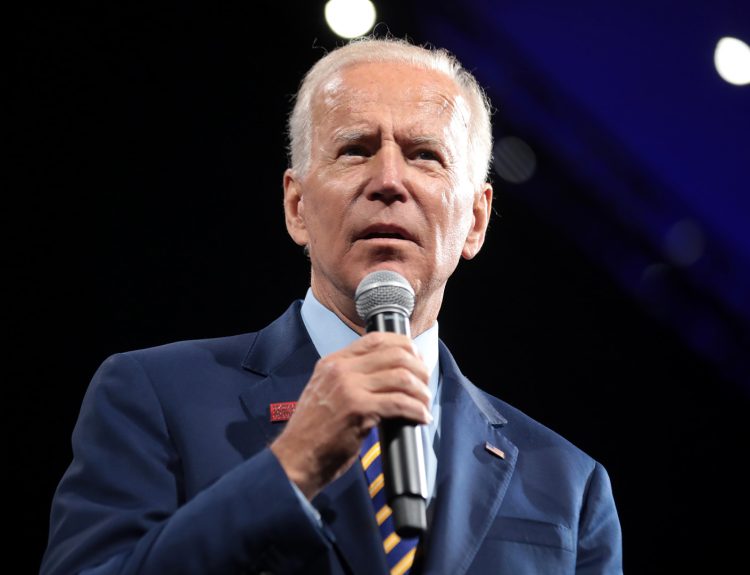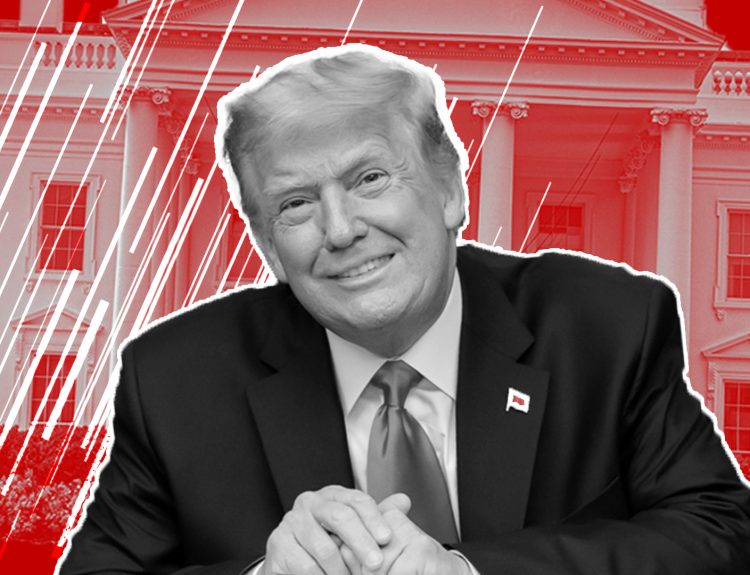As the Israel-Hamas war in Gaza rages on and pro-Palestinian protests erupt across college campuses in New York, former President Donald Trump’s support among Jewish Americans in the state has taken a significant hit. The volatile situation in the Middle East is having far-reaching effects on the American political landscape, particularly the 2024 presidential election.
New York Becomes Epicenter of Pro-Palestinian Protests
The ongoing Israel-Hamas conflict in Gaza has sparked a wave of pro-Palestinian protests and sit-ins across New York, particularly on college campuses. Columbia University, one of the most prominent sites of these demonstrations, recently canceled in-person classes after nearly a week of unrest that led to the arrests of more than 100 students.

Columbia President Nemat “Minouche” Shafik, who testified before Congress last week, stated that the cancellation aims to de-escalate tensions and provide an opportunity for all parties to consider their next steps. The situation highlights the growing divide between those who support Israel and those who stand with Palestine.
Trump’s Support Among Jewish New Yorkers Drops Dramatically
As the Israel-Hamas conflict continues to unfold, former President Donald Trump’s support among Jewish Americans in New York has experienced a massive decline. According to recent polling conducted by Siena College, Trump’s support dropped from 53 percent in February to just 38 percent in April, coinciding with the escalation of protests at sites like Columbia University.

The poll, which asked 806 registered voters across the state about their preferences in a hypothetical matchup between Trump and President Joe Biden, revealed that 45 percent of Jewish respondents would support Biden, while 8 percent would not vote at all or refused to respond. This marks a significant shift from the February poll, where Trump led Biden 53 percent to 44 percent among Jewish voters.
Biden Navigates Delicate Situation with Israel
As the conflict between Israel and Hamas continues, President Joe Biden finds himself in a precarious position, attempting to balance support for one of America’s oldest allies while facing pressure from progressive Democrats to take a more forceful stance against Israeli Prime Minister Benjamin Netanyahu.
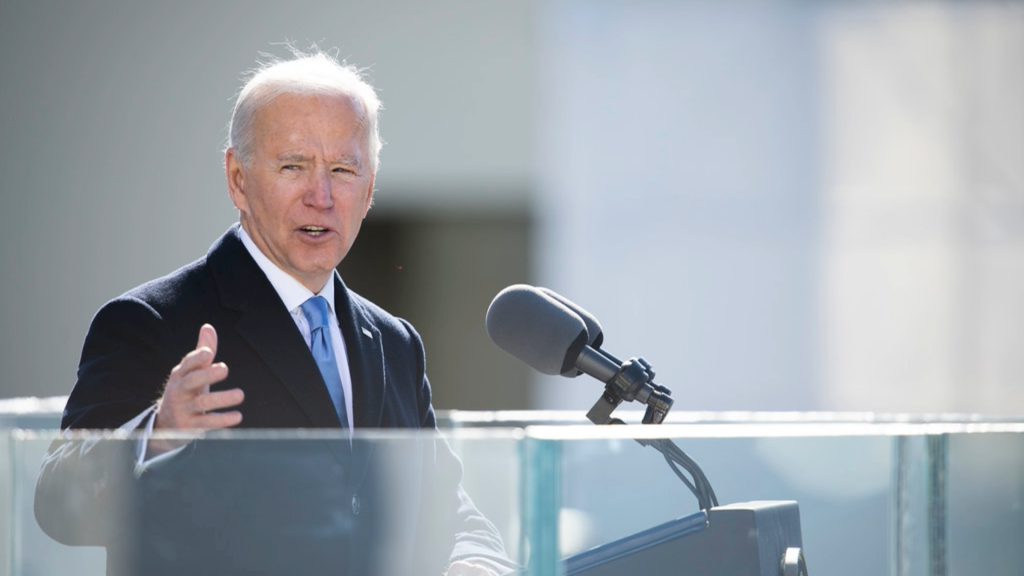
In a statement released on the eve of Passover, Biden condemned the recent incidents of harassment and calls for violence against Jews, labeling them as “blatant Antisemitism” that has no place on college campuses or anywhere in the country. The president’s statement came just one day after the U.S. House voted to provide billions of dollars in unconditional military funds and weapons to the Israeli government, a move opposed by 37 Democrats.
Trump’s Stance on the Israel-Hamas Conflict
While former President Donald Trump has not directly commented on the protests unfolding at Columbia University, he recently shared his thoughts on the Israel-Hamas conflict during an interview with conservative radio host Hugh Hewitt. Trump stated that Israel is “absolutely losing the PR war” and urged them to “get it over with and let’s get back to peace and stop killing people.”
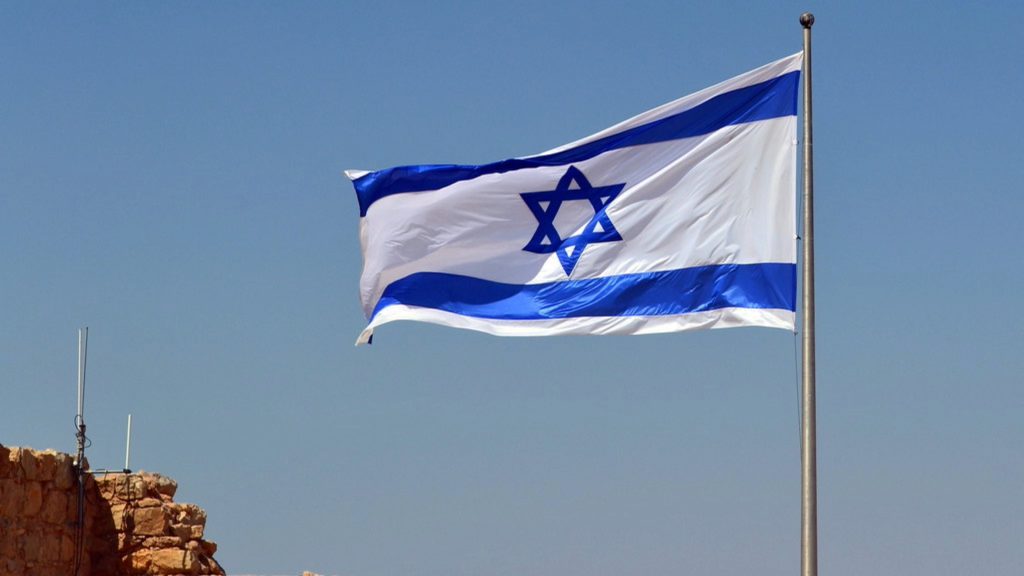
Trump’s call for Israel to be more aggressive in ending the conflict highlights the differing approaches between the former president and the current administration. As the situation continues to evolve, both Biden and Trump will likely face increasing pressure from their respective bases to take decisive action on the issue.
The Impact on the 2024 Presidential Election
The ongoing Israel-Hamas conflict and the resulting protests across the United States are poised to have a significant impact on the 2024 presidential election. As support for Trump among Jewish Americans in New York wanes, the former president may face an uphill battle in securing this crucial voting bloc in the upcoming election.
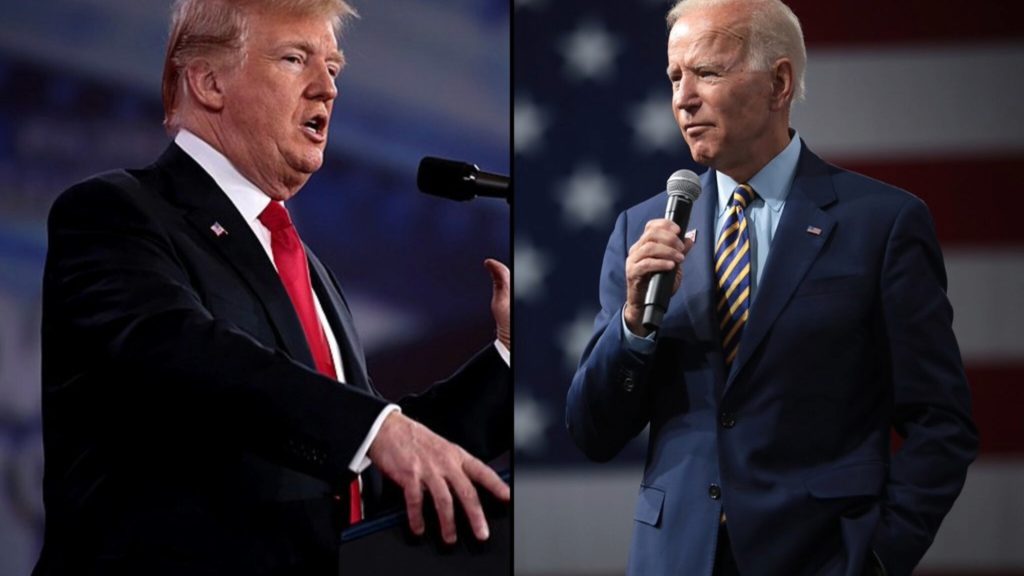
Meanwhile, President Biden must navigate the delicate balance between supporting Israel and appeasing progressive Democrats who are increasingly critical of the Israeli government’s actions. The administration’s handling of the conflict could have far-reaching consequences for Biden’s re-election prospects and the broader political landscape.
Reactions to U.S. House Vote on Israel Support
The recent U.S. House vote to provide billions of dollars in unconditional military funds and weapons to the Israeli government has drawn sharp criticism from some quarters. Beth Miller, political director of Jewish Voice for Peace Action, condemned the decision, stating that history will not look kindly on the members of Congress who supported the measure.
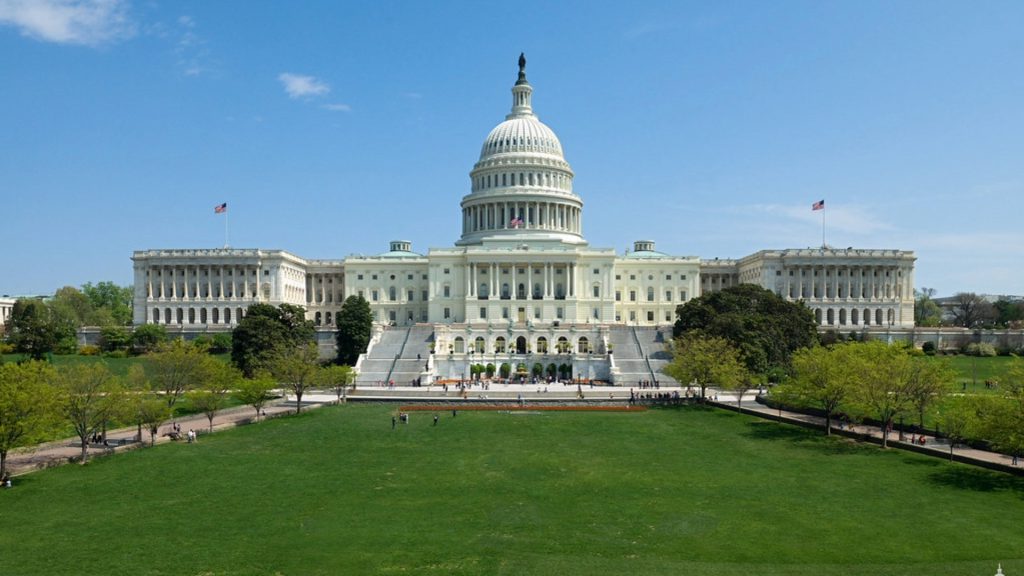
Miller argued that the vote rewards the “warmongering Netanyahu regime” and brings the entire region closer to the brink of a full-blown war. The opposition to the House vote highlights the growing divide within the Democratic Party over support for Israel and the need to address the plight of Palestinians in Gaza.
The Role of Social Media in Shaping Public Opinion
As the Israel-Hamas conflict continues to unfold, social media has become a key battleground for shaping public opinion on the issue. Activists on both sides of the divide have taken to platforms like Twitter and Facebook to share their perspectives and rally support for their respective causes.

The proliferation of information and misinformation on social media has made it increasingly difficult for individuals to discern the truth amidst the noise. As a result, the role of traditional media outlets in providing accurate and unbiased reporting on the conflict has become more crucial than ever.
The Human Cost of the Israel-Hamas Conflict
Amidst the political maneuvering and public debate surrounding the Israel-Hamas conflict, it is easy to lose sight of the human cost of the violence. The war in Gaza has reportedly led to tens of thousands of civilian deaths since Israel retaliated for the killings of more than 1,160 people by militants on October 7, 2023.

The staggering loss of life on both sides of the conflict underscores the urgent need for a peaceful resolution. As world leaders and activists continue to debate the issues at stake, it is crucial to remember the individuals and families whose lives have been forever changed by the violence.
The International Community’s Response
As the Israel-Hamas conflict continues to escalate, the international community has been divided in its response. While some nations have expressed support for Israel’s right to defend itself, others have condemned the Israeli government’s actions and called for an immediate ceasefire.
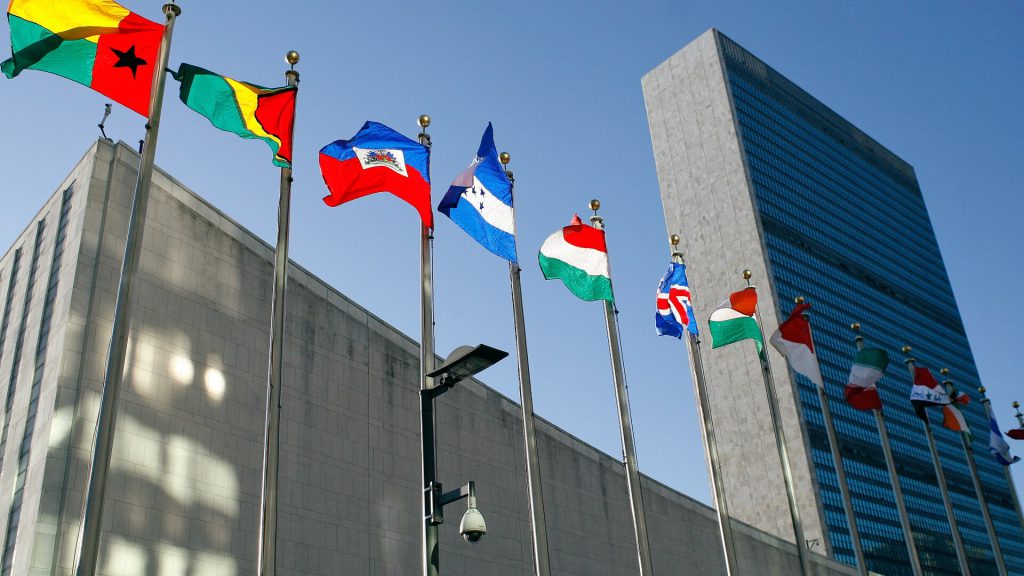
The United Nations Security Council has been at the forefront of efforts to broker a peaceful resolution to the conflict. However, the deep divisions among member states have made it difficult to reach a consensus on the best path forward.
The Economic Fallout of the Conflict
In addition to the human cost, the Israel-Hamas conflict has also had a significant economic impact on the region. The ongoing violence has disrupted trade, destroyed infrastructure, and forced businesses to close their doors, leading to widespread unemployment and economic hardship.
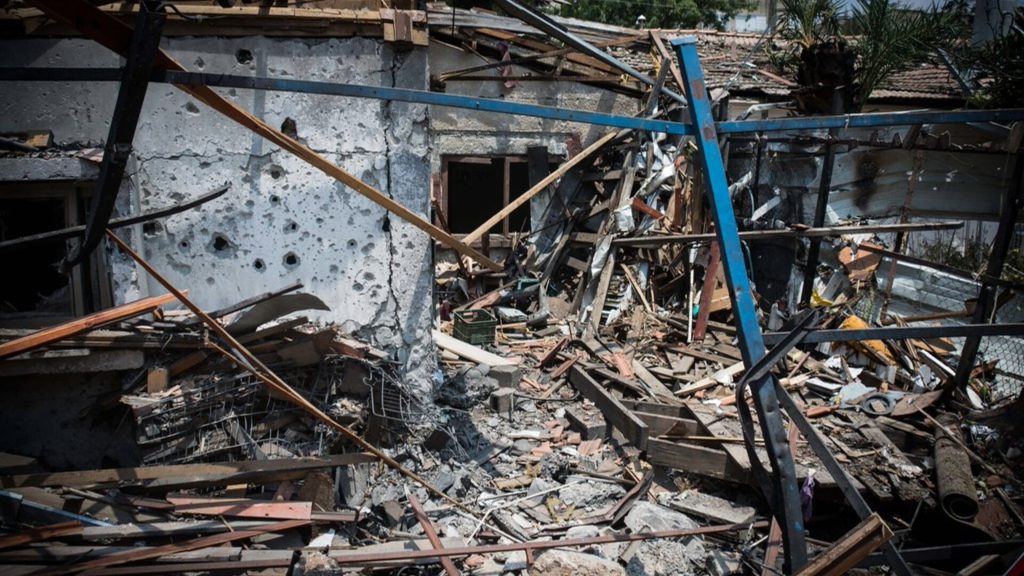
As the conflict drags on, the economic fallout is likely to become increasingly severe, with long-term consequences for the region’s stability and prosperity. The international community must work together to address not only the immediate humanitarian crisis but also the underlying economic and social issues that have contributed to the conflict.
The Historical Context of the Israel-Palestine Conflict
To fully understand the current Israel-Hamas conflict, it is important to consider the broader historical context of the Israel-Palestine conflict. The roots of the conflict can be traced back to the early 20th century when the British government promised to establish a Jewish homeland in Palestine through the Balfour Declaration.
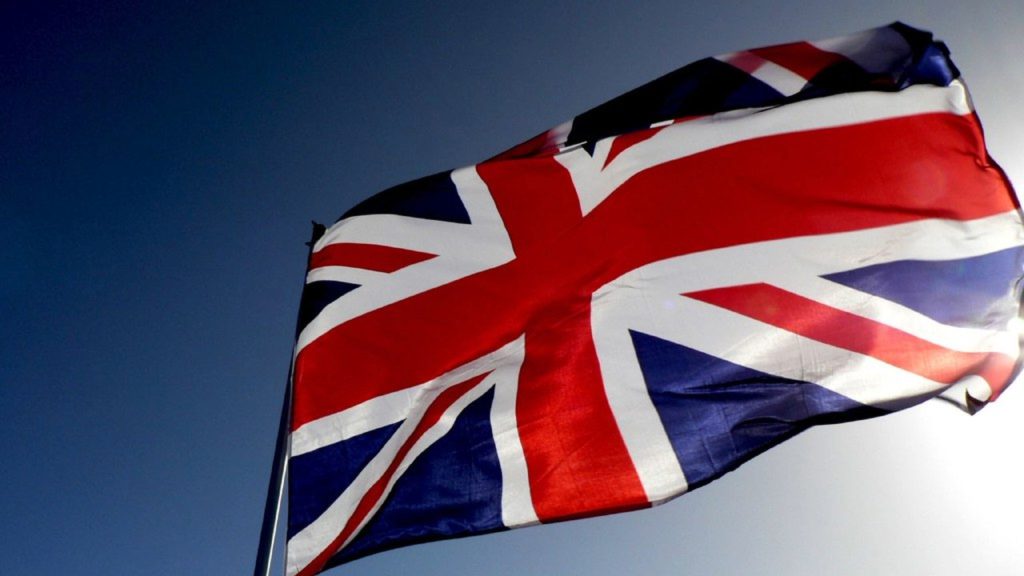
Since then, the region has been marked by periodic outbreaks of violence and failed attempts at peace negotiations. The current conflict is just the latest chapter in a long and complex history of competing claims to the land and resources of the region.
The Role of Religion in the Conflict
Religion has played a significant role in the Israel-Palestine conflict, with both sides claiming deep spiritual and historical ties to the region. For Jews, Israel represents the fulfillment of a biblical promise and the site of some of the most sacred places in Judaism, including the Western Wall and the Temple Mount.

For Palestinians, the land is also deeply important, with many considering it their ancestral homeland and the site of important Islamic holy sites, such as the Al-Aqsa Mosque. The religious dimensions of the conflict have made it particularly difficult to find common ground and reach a peaceful resolution.
The Future of the Israel-Palestine Conflict
As the Israel-Hamas conflict continues to rage on, the future of the broader Israel-Palestine conflict remains uncertain. Despite numerous attempts at peace negotiations over the years, a lasting solution has proved elusive, with both sides unwilling to make the necessary compromises.
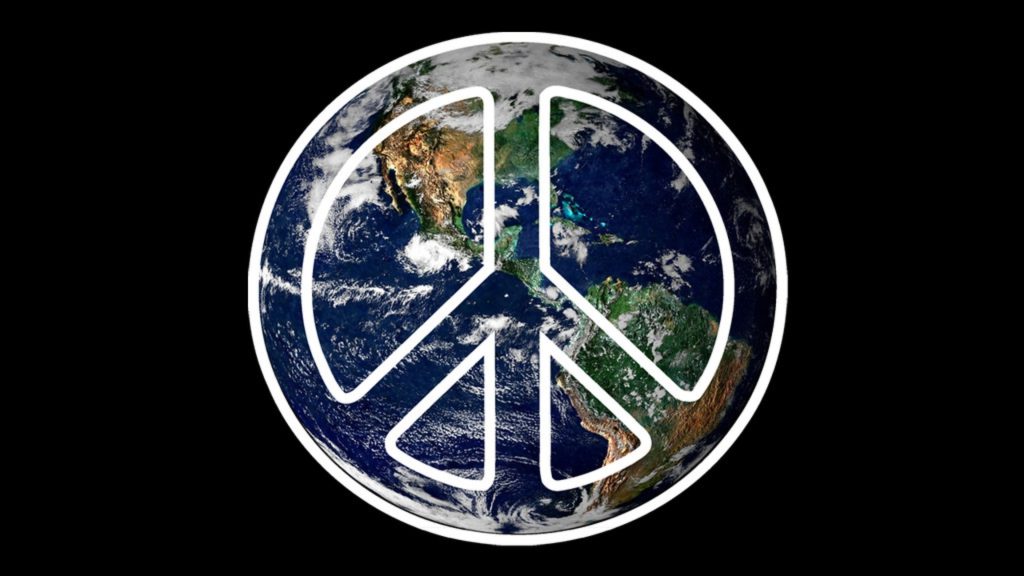
Moving forward, it will be crucial for all parties involved to engage in good-faith negotiations and work towards a just and equitable resolution that addresses the legitimate concerns and aspirations of both Israelis and Palestinians. Only through open dialogue, empathy, and a willingness to find common ground can the cycle of violence be broken, and a path toward lasting peace be forged.




